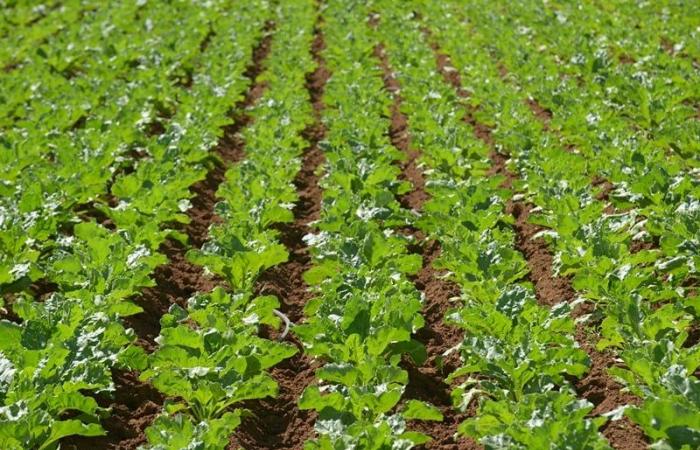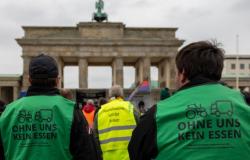Morocco is embarking on a profound transformation of its agri-food sector thanks to an $850 million program. Supported by conditional financing from the World Bank, this project aims to modernize agricultural practices, strengthen the resilience of rainfed areas and guarantee food security in the face of climate challenges.
Faced with growing climatic and economic challenges, the government is implementing a strategic program to restructure agri-food systems. This project, which is part of the “Green Generation 2020-2030” strategy, will mobilize 850 million dollars, of which 200 million will be co-financed by the World Bank. The objective is to modernize agricultural practices, ensure the sustainability of natural resources and stabilize farmers’ income, particularly in rainfed areas.
Financing conditional on measurable objectives
The World Bank, via its results-based financing instrument, conditions its loan on the achievement of the objectives set by the program. This system guarantees implementation aligned with Morocco’s ambitions: making agri-food systems more efficient, resilient and environmentally friendly.
In the midst of rapid change, the Moroccan agricultural sector is facing numerous challenges. The project intends to respond to this by providing increased support to rainfed areas, strengthening agricultural insurance tools and promoting sustainable practices, adapted to extreme climatic conditions.
A weakened agricultural sector
The Moroccan agri-food sector, the driving force of the national economy for more than a decade, is today affected by several successive shocks. These include recurring droughts, water shortages and disruptions to global supply chains.
Between 2018 and 2023, insufficient precipitation has considerably reduced the supply of irrigation water, heavily impacting rain-fed agriculture, which constitutes an essential part of cultivated areas in Morocco. These climatic disruptions, combined with rising costs of agricultural inputs, have amplified food inflation, while increasing the country’s dependence on imports to meet national needs for cereals, meat and milk.
Prioritize rain-fed agriculture
Rain-fed agriculture, which covers almost 80% of the country’s cultivated land, plays a key role in food security and rural employment. The agri-food transformation program pays particular attention to this long underfunded sector, with initiatives focused on:
-Conservation agriculture: financial incentives will be put in place to promote the use of resistant seeds and equipment such as direct seeders, adapted to extreme climatic conditions.
-Agricultural insurance reform: a new system, called the Climate Resilience and Adaptation Program (PRAC), will replace existing systems. It will include modernized coverage for climate risks and encourage sustainable agricultural practices.
These measures aim to improve yields, reduce greenhouse gas emissions and secure farmers’ income.
Towards sustainable food security
Alongside agricultural resilience, the program addresses food quality and safety to meet the nutritional needs of the growing population. Several priority areas have been defined:
-Develop organic farming and recycling of agricultural waste to reduce environmental impact.
-Reduce food losses by modernizing production lines.
-Encourage environmentally friendly agricultural practices in order to improve productivity while preserving natural resources.
In addition, technical assistance will be provided by FAO to strengthen national capacities, particularly in the adoption of new agricultural technologies.






